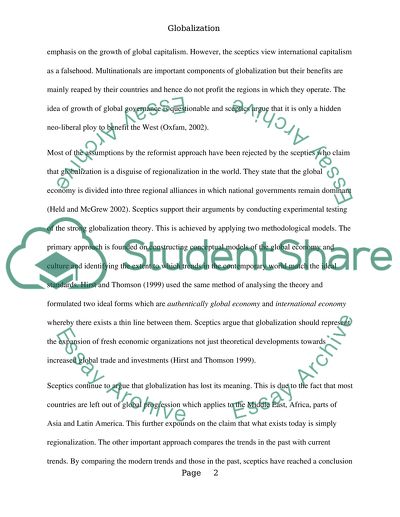Cite this document
(“Globalization Essay Example | Topics and Well Written Essays - 1750 words - 1”, n.d.)
Retrieved from https://studentshare.org/environmental-studies/1421430-globalization
Retrieved from https://studentshare.org/environmental-studies/1421430-globalization
(Globalization Essay Example | Topics and Well Written Essays - 1750 Words - 1)
https://studentshare.org/environmental-studies/1421430-globalization.
https://studentshare.org/environmental-studies/1421430-globalization.
“Globalization Essay Example | Topics and Well Written Essays - 1750 Words - 1”, n.d. https://studentshare.org/environmental-studies/1421430-globalization.


